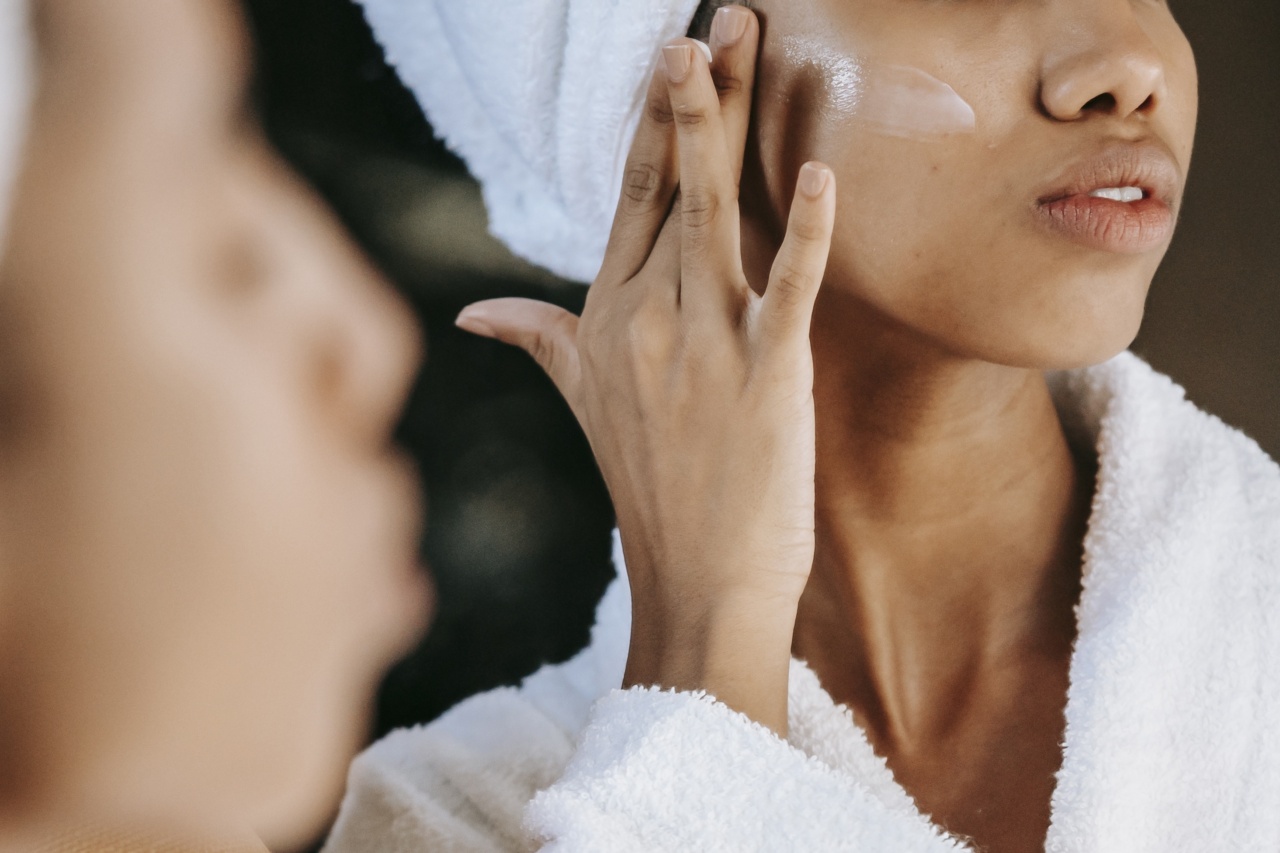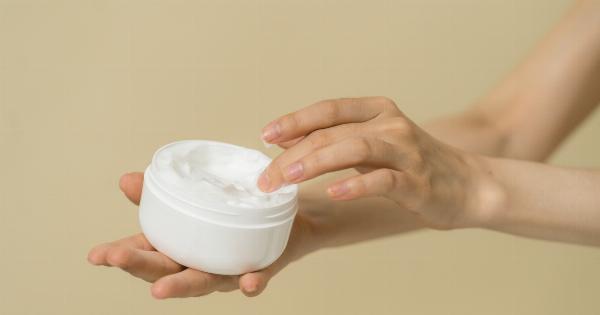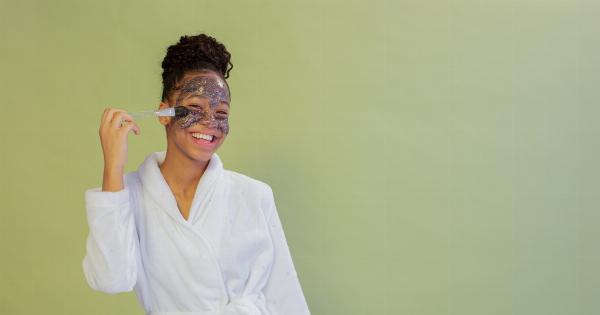As a parent, one of your top concerns is keeping your baby comfortable and healthy. And when it comes to their delicate skin, it requires special attention and care.
Baby skin is more sensitive and prone to dryness than adult skin, which means you need to take extra measures to maintain its smoothness and suppleness. In this article, we will discuss some effective tips on how to keep your baby’s skin soft, smooth, and supple.
1. Choose Gentle and Fragrance-free Products
The first step in caring for your baby’s skin is to select gentle and hypoallergenic products. Opt for mild, fragrance-free soaps, shampoos, and lotions specifically designed for babies.
Avoid using products that contain harsh chemicals, dyes, or strong fragrances, as these can irritate your baby’s sensitive skin.
2. Follow a Consistent Bathing Routine
Regular bathing helps to keep your baby’s skin clean and fresh. However, excessive bathing can strip away the natural oils from their skin, leading to dryness.
It is recommended to limit baths to two or three times a week for newborns, gradually increasing frequency as your baby grows. Use lukewarm water and keep bath time short to prevent skin dryness.
3. Gently Pat Dry the Skin
After bathing your baby, it’s essential to dry their skin gently. Instead of rubbing vigorously with a towel, pat their skin dry. Rubbing can cause irritation and chafing, which can further aggravate dryness.
Ensure that all skin folds, such as those in the neck and groin area, are thoroughly dried to prevent the growth of bacteria or fungi.
4. Moisturize Regularly
Moisturizing is key to maintaining your baby’s skin smoothness and suppleness. Choose a gentle and fragrance-free moisturizer specifically formulated for babies.
Apply the moisturizer immediately after bathing while their skin is still slightly damp. This helps to lock in the moisture and prevent dryness. Pay extra attention to areas prone to dryness, such as elbows, knees, and cheeks.
5. Dress Your Baby in Soft and Breathable Fabrics
The clothing your baby wears can also impact the condition of their skin. Opt for soft, natural fabrics like cotton that allow their skin to breathe.
Avoid synthetic materials or clothing with tight elastic bands, as they can cause irritation and friction against the skin. Always wash new clothes before putting them on your baby to remove any harsh chemicals or residues.
6. Protect from Sun Exposure
Even though babies have delicate skin, they still require protection from the sun’s harmful rays. Avoid direct sun exposure for infants under six months old.
For older babies, apply a broad-spectrum sunscreen with an SPF of at least 30, 15 minutes before heading outdoors. Dress your baby in lightweight, long-sleeved clothing and a wide-brimmed hat for additional sun protection.
7. Keep the Environment Moisturized
Dry air, especially during winter months or in heated indoor environments, can dehydrate your baby’s skin. Use a humidifier in your baby’s room to add moisture to the air. This helps to prevent skin dryness and irritation.
Keep the humidity level between 30-50% to create a comfortable environment for your baby’s skin.
8. Avoid Overheating
Overheating can lead to excessive sweating and skin irritation in babies. Dress your baby in light and breathable layers to regulate their body temperature. Use lightweight blankets and avoid covering their face or head during sleep.
Maintain a comfortable room temperature, around 68-72°F (20-22°C), to prevent overheating.
9. Be Mindful of Allergens
Babies can be sensitive to allergens that can irritate their skin. Avoid using strong detergents or fabric softeners that may cause an allergic reaction. Wash your baby’s clothes using fragrance-free, hypoallergenic laundry detergents.
Additionally, be cautious of pets, pollen, and dust mites, as they can also trigger allergic reactions and skin irritation.
10. Consult a Pediatrician
If you notice persistent dryness, redness, or other skin concerns, it’s important to consult your pediatrician. They can provide specific guidance and recommend suitable skincare products for your baby’s unique needs.
Conclusion
By following these tips, you can ensure that your baby’s skin remains smooth, supple, and healthy.
Remember to choose gentle and hypoallergenic products, maintain a regular bathing routine, moisturize their skin, dress them in soft fabrics, protect them from sun exposure, keep the environment moisturized, avoid overheating, be mindful of allergens, and consult a pediatrician whenever necessary. With proper care, your baby’s skin will stay soft and healthy, allowing them to enjoy their early years comfortably and happily.





























